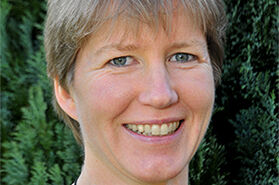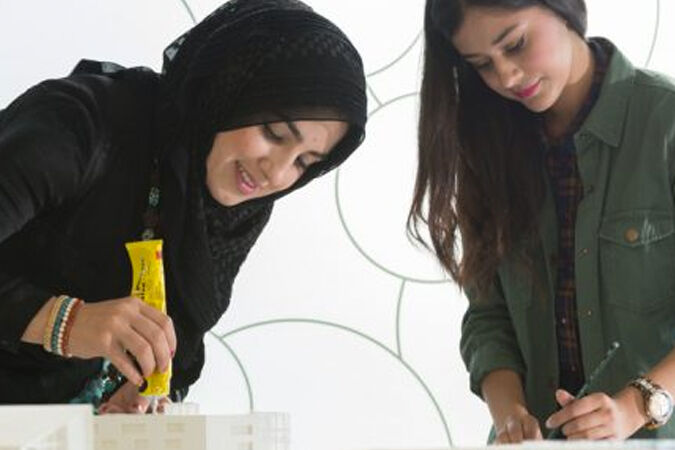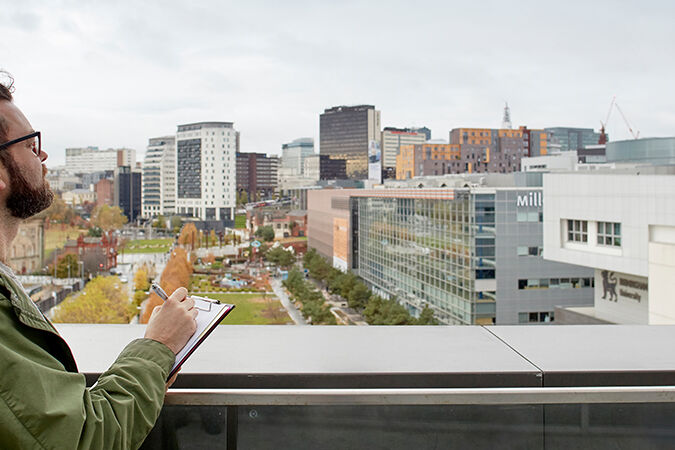We are passionate about inspiring, teaching and representing females in the built environment – an industry that has typically been male dominated. We asked some of our female leaders; Associate Professors and Lecturers in the built environment – Claudia, Elham and Silvia - about their experience of the industry.
Meet our expert female academics
What is the built environment and why is female presence in it so important?
The built environment is anything to do with property – including planning, designing, real estate, surveying and building. The importance of gender balance in this industry is critical to ensure that the environment around us is inclusive.
Breaking into the industry
Typically, the built environment has long been male-centric. The good news is that, with perceptions changing and misconceptions ebbing, it’s opening doors for women to succeed in this rapidly expanding area of work.
"My area of specialism is typically very male-dominant, but I can see how it’s changed since I first started. There were times that I was the only female attending a technical conference, but I see more female professionals with outstanding profiles in industry and academia who are great role models for the next generation.", said Elham.
One in every 10 people employed in the UK works in the building sector, providing great employment opportunities requiring a diverse range of skills, from very technical and technologic to art and design, sustainability, digital technology and social sciences. Because of its far-reaching nature, routes into the industry are varied, with some students choosing to study the built environment at undergraduate level, and others studying alternative subjects – such as architecture or science-based subjects - before specialising at postgraduate level.
Challenges in the industry
Lack of representation of women in the industry is sometimes prohibitive for female students that might be looking to get involved. Silvia Gullino, Associate Professor in City Making, says that we need systemic change in order to achieve a more inclusive environment for women in the built environment and praises the support she receives from BCU.
"Women are still underrepresented, particularly in senior positions. It’s so important that women are decision-makers in cities, leading on choices that contribute to more inclusive environments. There is a need for systems to support women to reach their potential. The department for the built environment at BCU has been excellent in valuing my work and supporting my aspirations.", said Silvia.
Built environment courses
Find out more about our courses
Women supporting women at BCU
We have a strong community of female built environment professionals at BCU including staff and students, who are ambitious and highly skilled. After experiencing various roles in planning, from research positions at Cambridge University to working for the Forestry Commission, Professor Claudia Carter is grateful for the community of supportive colleagues she has found at BCU.
She said: "In my 10 years at BCU the support and encouragement offered by my colleagues has had a strong positive impact on my wellbeing and enjoyment of work. I also have had many fantastic and inspiring male colleagues to collaborate with."
The Department for the built environment fosters ambition by providing students with the tools they need to achieve their best work, supported by our student support team, who offer a host of professional health, wellbeing and finance services.
We also offer plenty of new and exciting opportunities, such as facilitating conversations with inspiring women, and extra-curricular research opportunities which can go on to open doors in the industry. Many female students have received international and national recognition off the back of these opportunities, including: Royal Town Planning Institute Trust Awards, Women in Property Awards Midlands nominations, BIM Champion Awards and international studentships.








